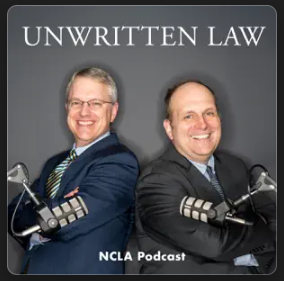Cass Sunstein calls Loper Bright “Our Marbury”
By
| May 19, 2025
Cass Sunstein’s latest piece on Loper Bright was published in the Duke Law Journal: Our Marbury: Loper Bright and the Administrative State. Here’s the abstract:
Loper Bright, overruling Chevron, is unmistakably part of administrative law’s current “Grand Narrative,” which sees contemporary administrative agencies with suspicion, as a product of successive breaches of Article I, II, and III of the Constitution. The decision should be seen as our Marbury v. Madison—an effort to insist that it is emphatically the province and duty of the judicial department to say what the law is. But will the decision produce large changes? The answer depends, of course, on the meaning of both Chevron and Loper Bright. Under Chevron, courts hardly gave a blank check to agencies; on the contrary, they frequently invalidated agency interpretations of law. How much will invalidation rates rise? We cannot give a confident answer, in part (1) because Loper Bright retains Skidmore (which calls for respectful attention to agency interpretations); in part (2) because Loper Bright recognizes that Congress sometimes explicitly or implicitly delegates interpretive authority to agencies; and in part (3) because (and these must be counted as some of its effects) Loper Bright will (a) increase litigants’ incentive to attack agency interpretations and (b) reduce agencies’ incentive to adopt adventurous interpretations (though agencies may have other incentives to do that). Any numerical projection would be hazardous, but Loper Bright gives a clear signal, a green light to federal courts where Chevron gave a yellow light—which means that it is reasonable to predict a nontrivial increase in judicial invalidations (other things being equal). It is also safe to predict that in the near future, the combination of Loper Bright with increasing judicial skepticism about the administrative state will result in a nontrivial increase in invalidation of regulations designed to protect health, safety, and the environment. In the near future, Loper Bright will also lead to a significant increase in ideological divisions in the lower courts. Still, Loper Bright is our Marbury, and will, sooner rather than later, be seen as such in mounting conflicts between agencies and courts.


